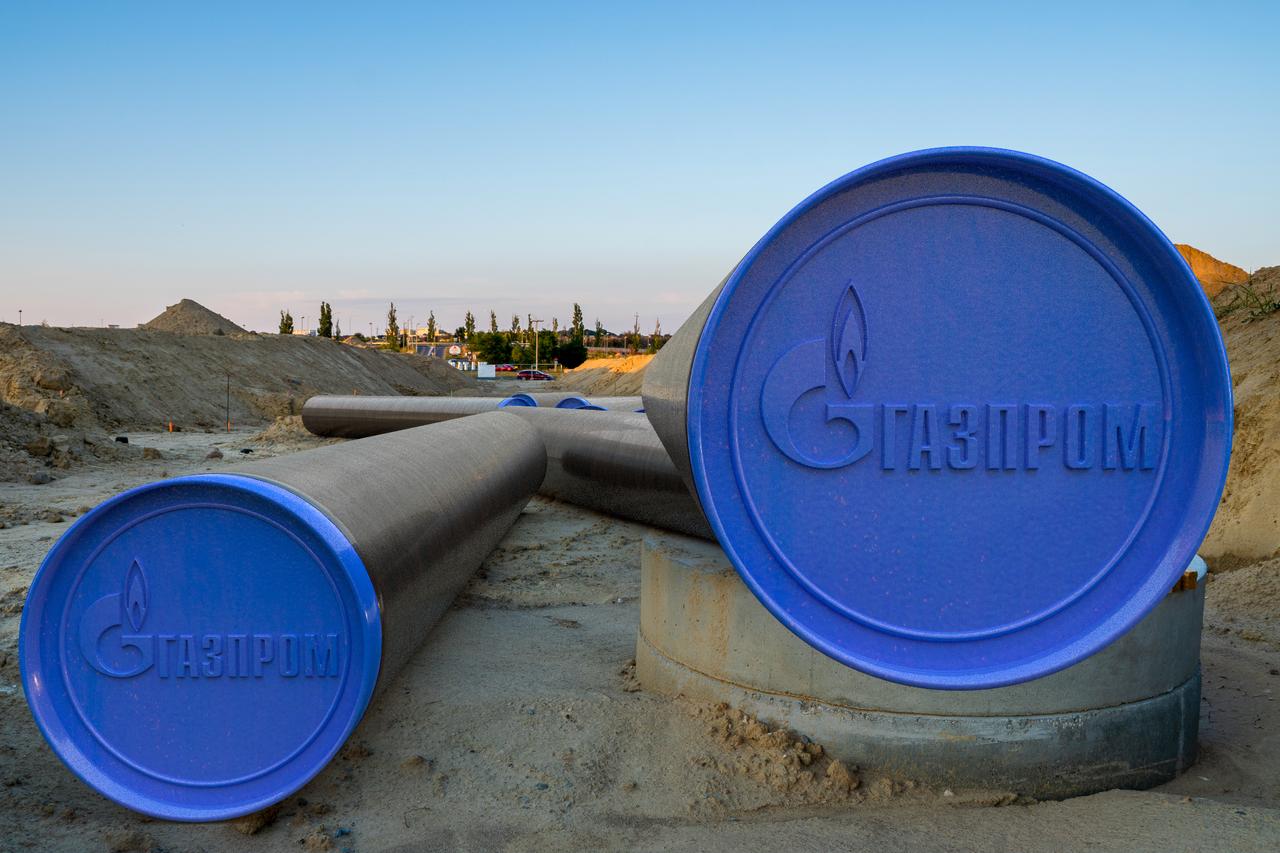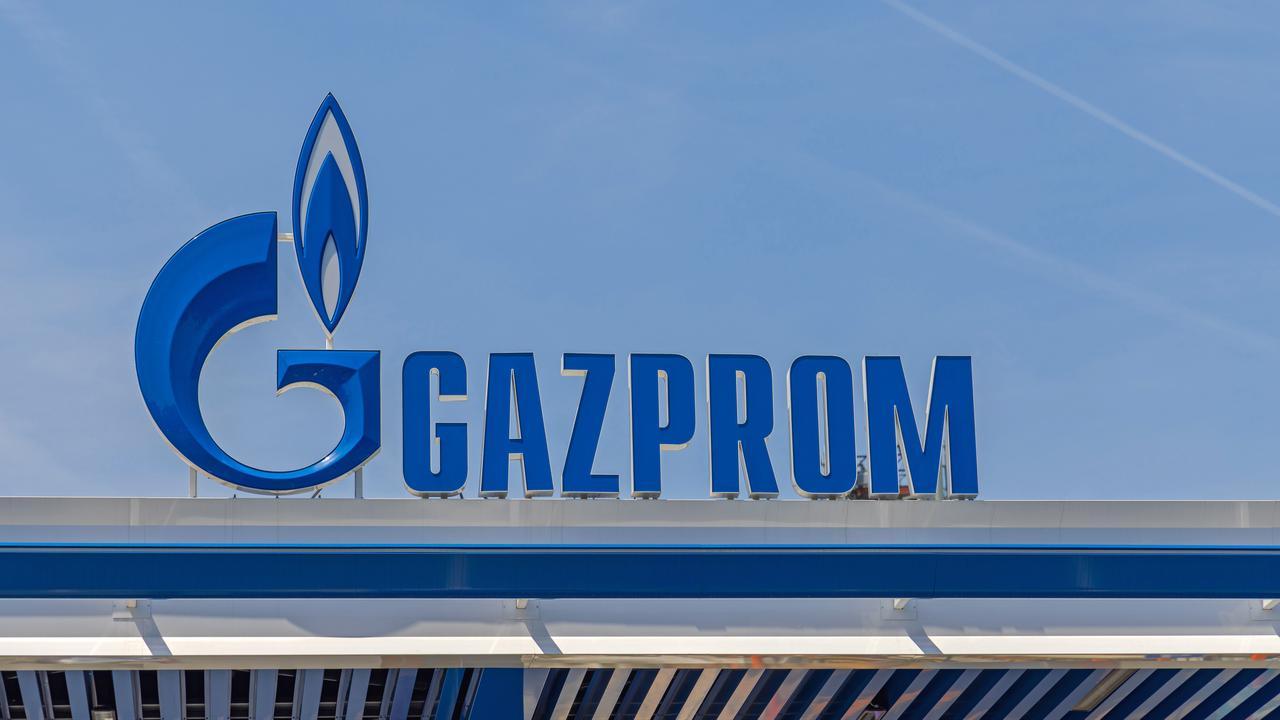
Russia and China signed a legally binding memorandum of understanding to build the “Power of Siberia 2” natural gas pipeline and the Soyuz-Vostok transit line through Mongolia on Tuesday.
The agreement allows for delivery of up to 50 billion cubic meters of Russian gas to China annually, according to Gazprom Chief Executive Alexey Miller.
Gazprom currently supplies natural gas to China through the 3,000-kilometer (1,865-mile) "Power of Siberia" pipeline, launched under a 30-year, $400 billion contract signed at the end of 2019, making Russia the country’s largest gas supplier.
Miller also stated that Gazprom and the China National Petroleum Corporation (CNPC) signed a separate deal to expand flows on the existing "Power of Siberia" pipeline, raising its annual capacity from 38 to 44 billion cubic meters.
In addition, the companies agreed to increase shipments via the "Eastern Route" pipeline from 10 to 12 billion cubic meters per year.
The Gazprom chief did not disclose details of the pricing arrangements but noted that payments are currently split evenly, with 50% settled in rubles and 50% in foreign currencies. He underlined that deliveries to China come from eastern Siberia, while exports to Europe originate in western Siberia, meaning that gas supplied to China remains cheaper due to geographical proximity.

In July, U.S. President Donald Trump threatened to impose tariffs of up to 100% on Russian exports, including energy, if Moscow failed to agree on a ceasefire in the war in Ukraine. The threat also extended to Russia’s trade partners, many of whom rely heavily on energy imports.
Tensions eased somewhat after the first Trump-Putin meeting in Alaska in mid-August, which both leaders described positively in the context of potential peace talks. Despite the efforts, Washington has continued to signal the possibility of additional punitive measures following Russia's continued airstrikes on Ukraine.
U.S. Treasury Secretary Scott Bessent said on Monday that "all options are on the table" as the Trump administration considers new sanctions against Moscow for continued airstrikes on Ukrainian cities. Trump has also recently imposed 50% tariffs on imports from India, partly in response to its purchases of Russian oil.